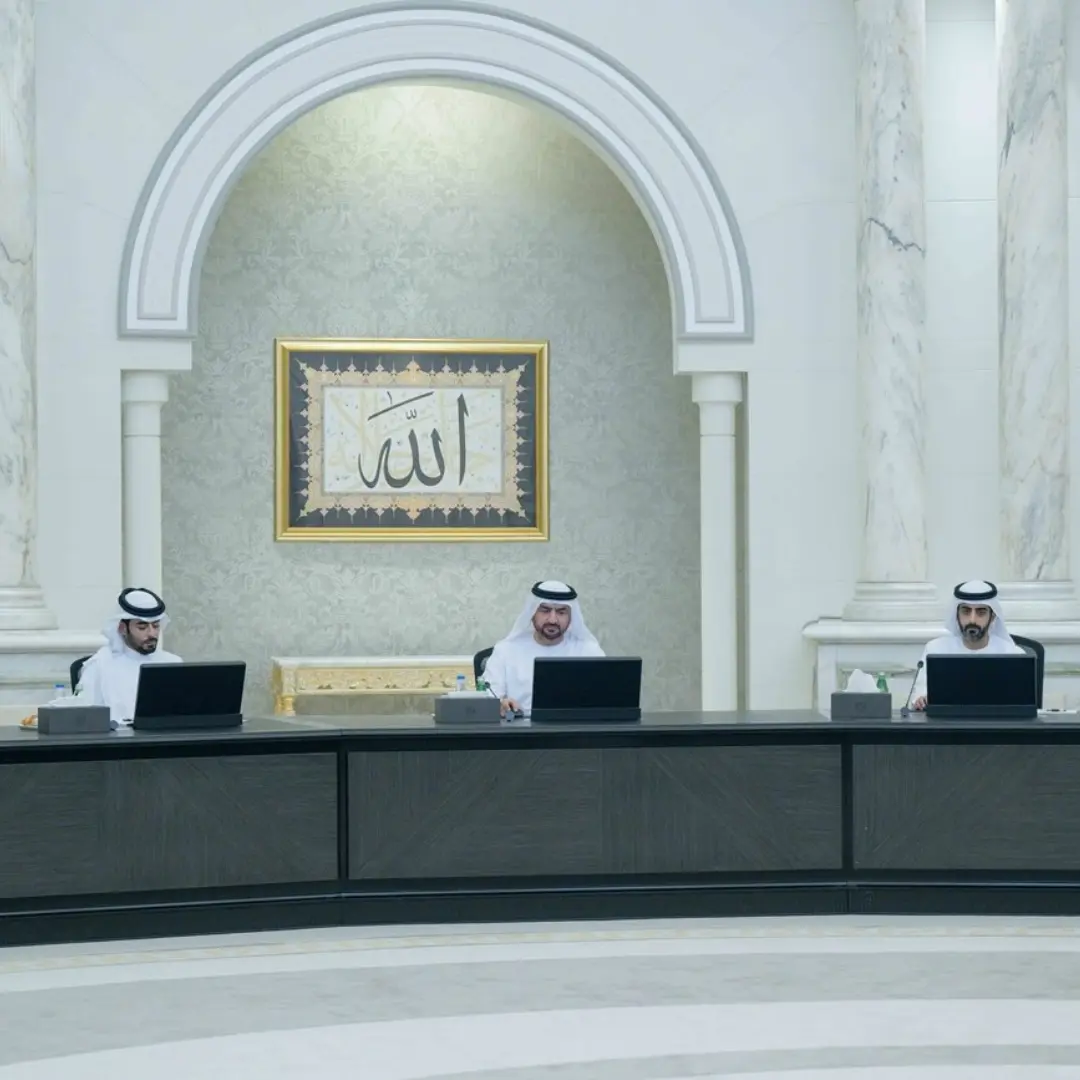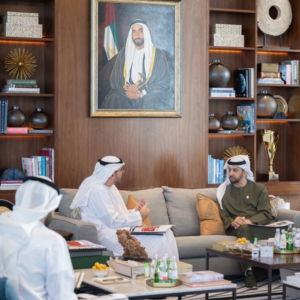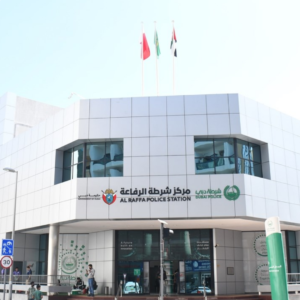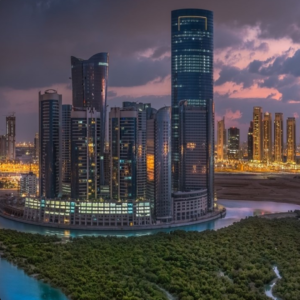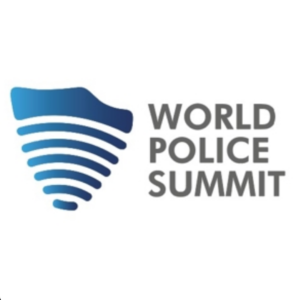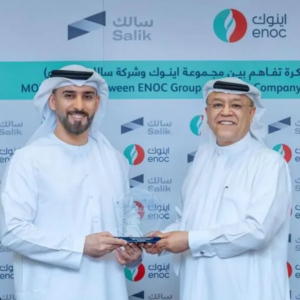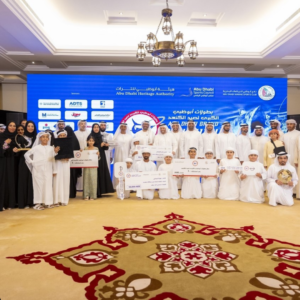In a landmark meeting of the Sharjah Executive Council, chaired by Sheikh Abdullah, significant strides were made toward a greener, more sustainable future. The council focused on pressing issues such as reducing plastic waste, supporting small and medium-sized enterprises (SMEs), and enforcing penalties for plastic use violations. This pivotal gathering resulted in the approval of a new strategic plan aimed at fostering environmental responsibility and economic growth, along with fee exemptions for projects under RUWAD, Sharjah’s initiative for SME development.
The urgency to tackle plastic waste was a central theme of the meeting. Sheikh Abdullah and the council members discussed comprehensive measures to minimize the use of single-use plastics and promote sustainable alternatives. The new strategic plan includes stringent regulations on plastic consumption and robust penalties for violations. This decisive action reflects Sharjah’s commitment to environmental stewardship and aligns with global efforts to combat plastic pollution. By reducing plastic waste, Sharjah aims to preserve its natural beauty and protect its ecosystems for future generations.
Supporting SMEs was another critical agenda item. Recognizing the vital role these enterprises play in the economy, the council approved several initiatives to enhance their growth and resilience. This includes fee exemptions for projects under RUWAD, Sharjah’s dedicated program for SME support. By alleviating financial burdens, the council aims to foster innovation, entrepreneurship, and job creation within the SME sector. This move is expected to stimulate economic activity and contribute to Sharjah’s sustainable development goals.
The meeting also underscored the importance of effective enforcement to ensure compliance with the new regulations. Penalties for plastic use violations are designed to deter businesses and individuals from disregarding the new guidelines. These measures are part of a broader strategy to instill a culture of sustainability and accountability across the emirate. The council’s approach balances regulation with support, ensuring that businesses are not only held accountable but also given the resources and incentives to transition to more sustainable practices.
The approved strategic plan is a testament to Sharjah’s forward-thinking leadership and its dedication to sustainable development. It outlines a multi-faceted approach to environmental and economic challenges, integrating policies that promote both ecological responsibility and economic vitality. The plan includes public awareness campaigns, incentives for sustainable business practices, and investments in green technologies. By fostering a collaborative effort between the government, businesses, and the community, Sharjah aims to achieve a significant reduction in plastic waste and bolster the SME sector.
Sheikh Abdullah’s leadership in these discussions highlights the emirate’s proactive stance in addressing global challenges at a local level. The council’s decisions reflect a comprehensive understanding of the interconnectedness of environmental health and economic prosperity. By prioritizing sustainability and SME support, Sharjah is positioning itself as a model for other regions seeking to balance growth with environmental responsibility.
In conclusion, the Sharjah Executive Council meeting, chaired by Sheikh Abdullah, marked a significant step forward in the emirate’s journey towards sustainability and economic resilience. The council’s approval of the new strategic plan and fee exemptions for RUWAD projects underscores a commitment to reducing plastic waste and supporting SMEs. These initiatives demonstrate Sharjah’s dedication to creating a sustainable future, where economic growth and environmental stewardship go hand in hand. Through decisive action and strategic planning, Sharjah is setting a powerful example for sustainable development in the region and beyond.

